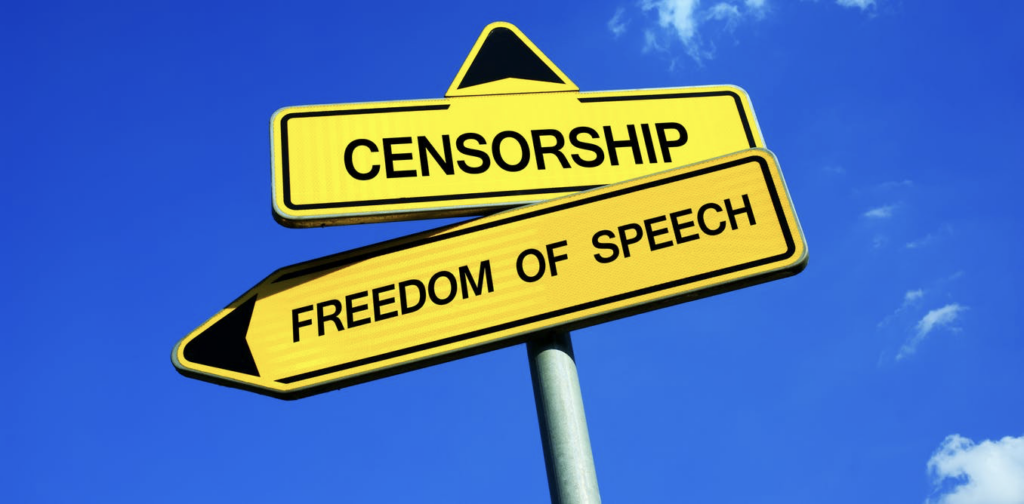In today’s digital age, social media networks wield immense power, shaping our perceptions, influencing our behaviors, and dictating the flow of information. However, with great power comes great responsibility, and the desire to control audience, content, and access has sparked a myriad of debates and controversies. From its impact on children and teens to its influence on societies and politics, social media’s reach knows no bounds. In this article, we’ll delve into the multifaceted issues surrounding social media control and access, exploring key challenges, opportunities, and implications for individuals and society as a whole.
Background and Opportunities
Social media networks have become ubiquitous platforms for communication, entertainment, and information dissemination. However, the unchecked proliferation of misinformation, the spread of harmful content, and the erosion of privacy have raised serious concerns about the negative impact of social media on individuals and society. Moreover, the algorithms and policies employed by social media platforms often prioritize engagement and profit over accuracy and well-being, leading to echo chambers, polarization, and the amplification of extreme viewpoints.

The customers of social media platforms are vast and diverse, ranging from individual users seeking connection and entertainment to advertisers looking to reach target audiences. The opportunity lies in harnessing the immense potential of social media to connect people, share knowledge, and foster positive change. However, achieving this requires striking a delicate balance between control and access, ensuring that social media remains a force for good rather than a tool for manipulation and division.
Importance, Impact, and Applications
The importance of addressing the issues surrounding social media control and access cannot be overstated. Social media networks have become integral parts of our daily lives, influencing everything from our relationships and mental health to our political beliefs and societal norms. By exerting control over audience, content, and access, social media platforms have the power to shape public discourse, sway elections, and even incite violence. Therefore, it is crucial to confront these issues head-on and develop strategies to mitigate the negative consequences of unchecked social media influence.

Despite the challenges and controversies, social media has also brought about significant accomplishments and applications. It has enabled marginalized communities to find support and solidarity, facilitated grassroots movements for social justice and political change, and provided a platform for marginalized voices to be heard. Social media has also revolutionized the way we communicate, breaking down barriers of distance and creating opportunities for connection and collaboration on a global scale.
Prevalent Opportunities & Risks
One prevalent opportunity for improvement lies in enhancing digital literacy and critical thinking skills to combat misinformation and promote fact-based discourse. By empowering users to discern credible sources from fake news and propaganda, social media platforms can foster a more informed and engaged citizenry. Additionally, greater transparency and accountability in content moderation and algorithmic decision-making can help mitigate the spread of harmful content and ensure that social media remains a safe and inclusive space for all users.

However, there are also significant pitfalls and risks associated with social media control and access. The unchecked power wielded by social media platforms can lead to censorship, silencing dissenting voices, and stifling free speech. Moreover, the addictive nature of social media and its impact on mental health, particularly among children and teens, has raised serious concerns about the long-term effects of excessive screen time and social media usage.
t/f Summary
The issues surrounding social media control and access are complex and multifaceted, with far-reaching implications for individuals, societies, and democracies. By addressing these challenges and embracing the opportunities for positive change, we can ensure that social media remains a force for good, connecting people, fostering understanding, and promoting positive social change.
Note: The examples provided are hypothetical and intended for illustrative purposes only. Actual applications and developments may vary.


